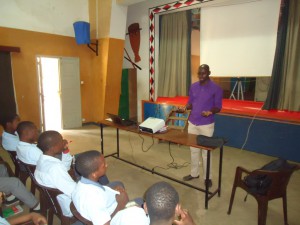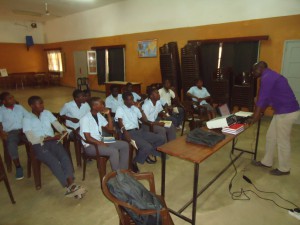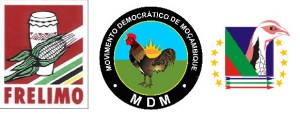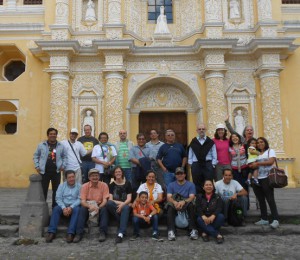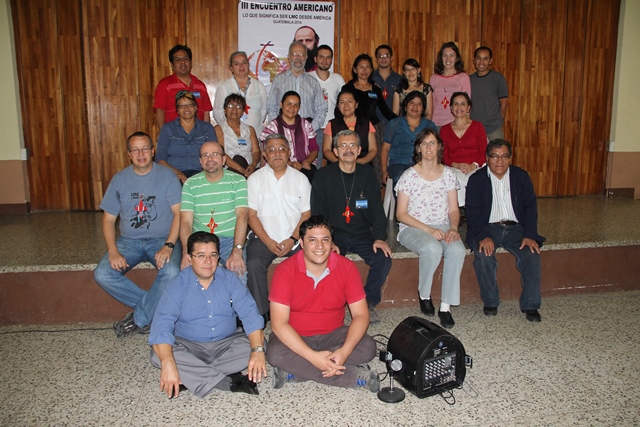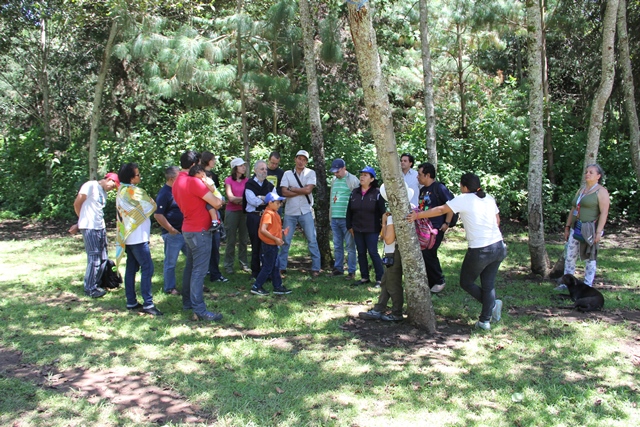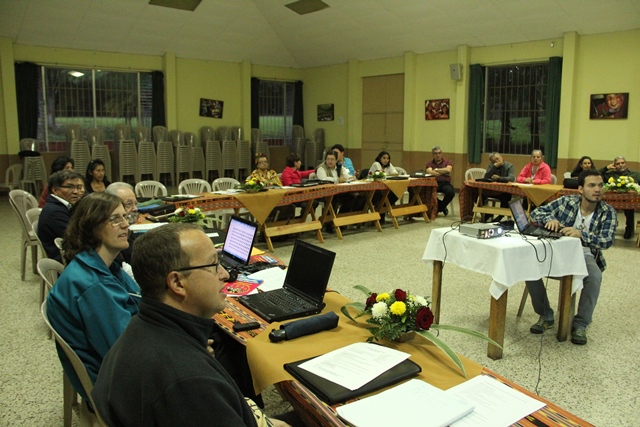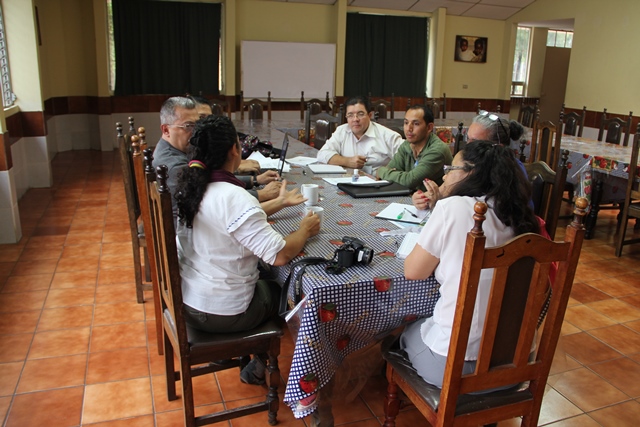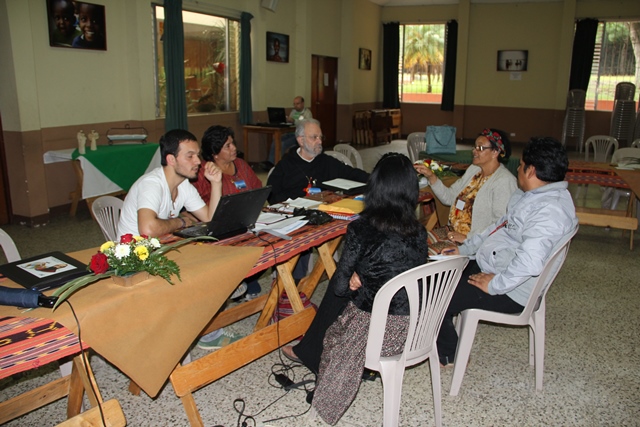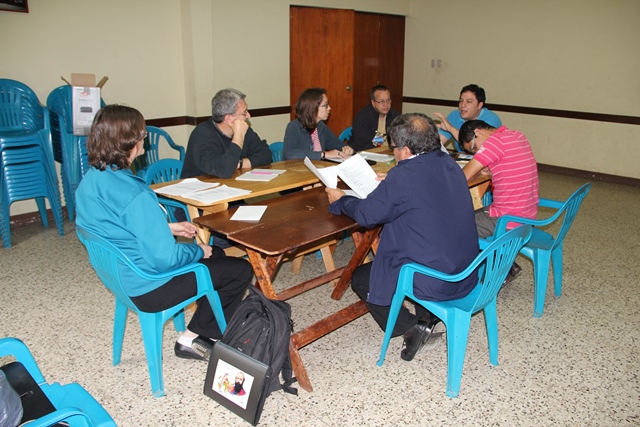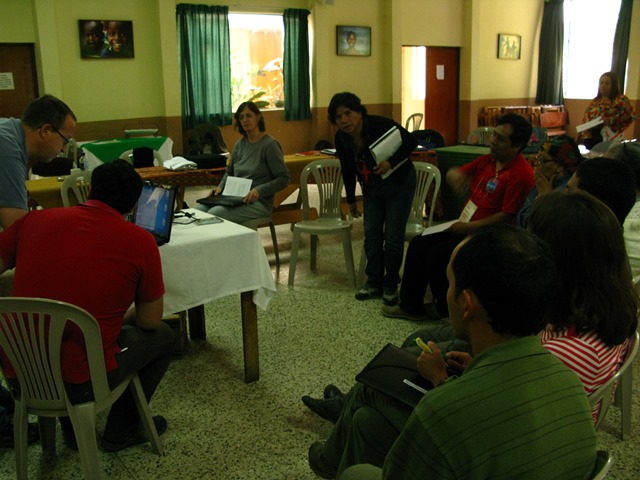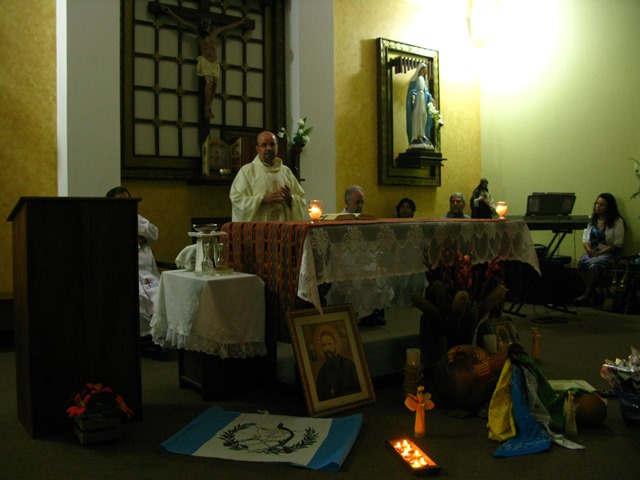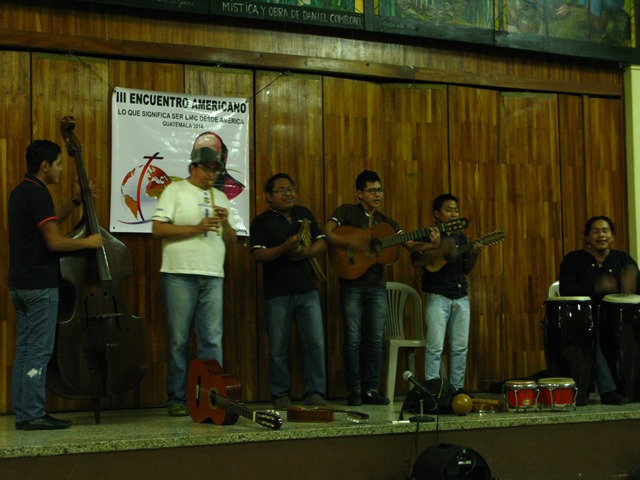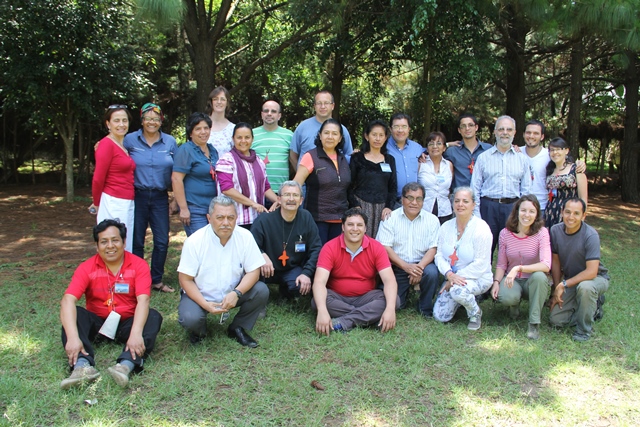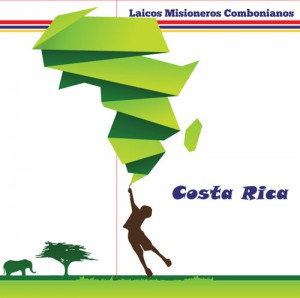 Comboni asked the missionaries to be holy and capable.
Comboni asked the missionaries to be holy and capable.
Saints, for all who follow Christ should aspire to be a perfect image and likeness of the Lord, in everything, even the cross. A Christian, who does not want to be like Christ, is half on their spiritual journey. And capable, because, like Christ, the missionary must also perfected a work, with concrete actions to build the Kingdom of God here on earth.
In this missionary walking, every member of the community will discover their gifts and talents working together will refine their own skills, and placed at the service of others. And it is in this community effort, where everyone discovers it is essential to build the Church, and to be the Body of Christ.
Thus, little by little, the CLM of Costa Rica have seen the need –following the example of other CLM communities- to communicate and encourage the local church, with means and tools to raise awareness of the missionary charism, and attract more people willing to live the mission to its ultimate consequences.
The first project undertaken by Costa Ricans CLM in the area of communication is the missionary’s newsletter, which first came out in the month of missions. This bulletin is the result of a joint effort in which everyone developed one of the sections of the newsletter.
It is the first experiment which must get better, of course, but also a joy to see realized a dream that began earlier this year. The idea is that, through the bulletin, we may inform of important news of the mission of the whole Church, and more specifically of the work performed by the CLM worldwide.
In fact, we hope that everyone, as a single Comboni family, can be present in this newsletter, which will be monthly spread. For this reason, we encourage you to share your experiences or missionary projects in their various communities and missions to make them known in our country- printed and digitally- and develop, in this way, a strong missionary animation. Any writing or testimony you wish to share can be send by mail to the CLM in Costa Rica: laicosmisioneroscombonianos.cr@gmail.com.
We hope you enjoy this first edition, and, with your prayers and comments we can improve it every day. United in prayer.
We leave you here a digital copy of it: BoletinCR
Christian Madriz




